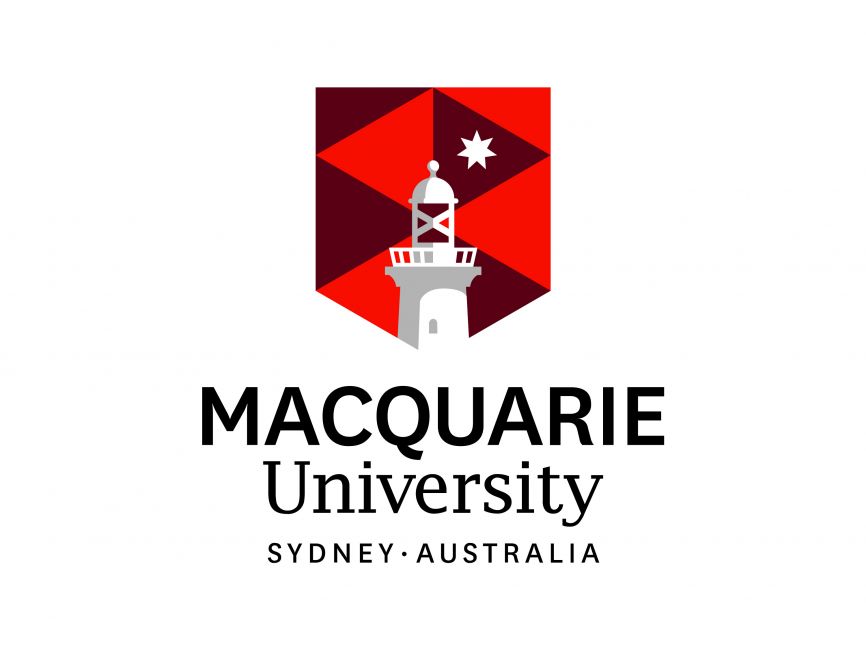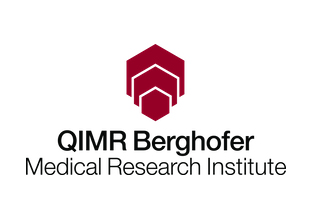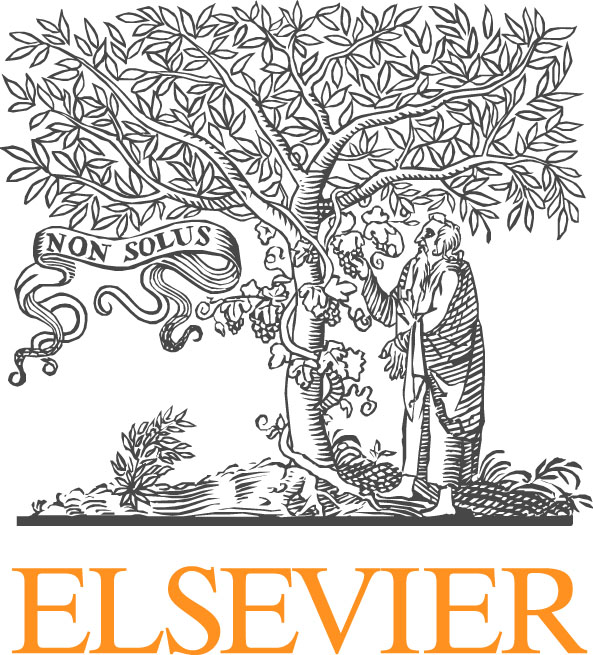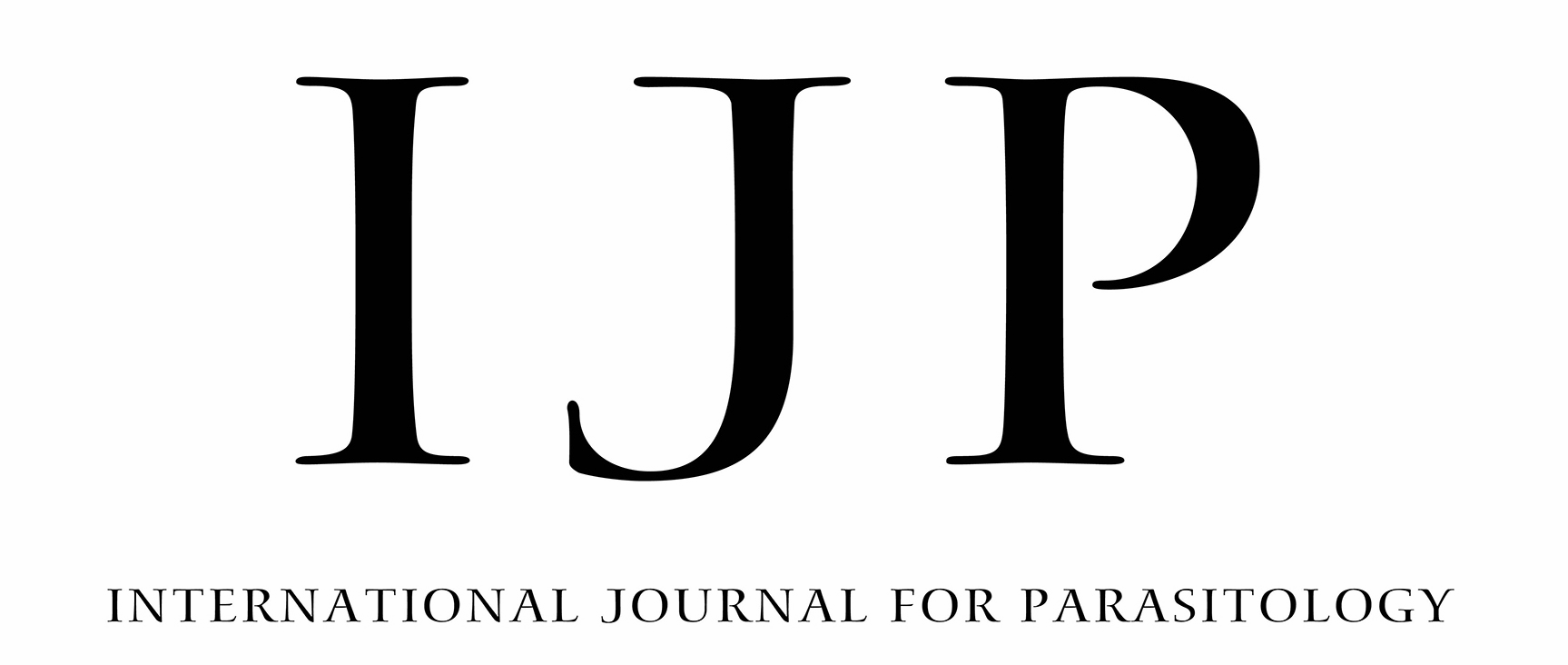
2025 Course
Dates: The next course will take place between Tuesday 25th November and Sunday 7th December 2025.
Apply: Applications for the 2025 CiP course are now open and will close on the 13th July 2025. Apply online
Course fee: AUD $1,950 plus 10% GST for Members of the Australian Society for Parasitology, which includes tuition, accommodation and meals. Participants must organise and cover the cost of their travel to and from the Moreton Bay Research station. The research station is about 60-90 minutes travel from Brisbane airport: https://www.uq.edu.au/moreton-bay-research-station/plan-your-visit/travel-and-island-information. Applicants must be ASP members at the time of application deadline to qualify for the discount. Full Course fee: AUD $2,950 plus 10% GST.
Course Convenor: Professor Michelle Power (Macquarie University) michelle.power(at)mq.edu.au phone: +612 9850 6974
Download the 2025 Concepts in Parasitology Course 2025 flyer
What is the course about?
The following themes will be explored through lectures, tutorials and practicals during the course:
- Evolution of Parasites
- Molecular and Cellular Mechanisms
- Drug Discovery
- Parasites and the Immune System
- Immuno-diagnostics of Parasitic Infections
- Bioinformatics of parasite genomes
- Epidemiology
- Veterinary and Wildlife Parasitology
- Vector borne Diseases
The course will explore the diversity of parasitic life-styles, answering questions such as:
- What does it take to be a parasite?
- What are the costs and benefits of parasitism?
- What host defences have developed?
- What mechanisms have evolved to find vectors and hosts efficiently?
- What is the advantage of having multiple hosts?
- What specific characteristics must an anti-parasitic drug have?
- What are the chances of developing vaccines against parasitic diseases?
- What will the future of parasitology look like?
History of the CiP course
In 2014, the ASP ran, for the first time, a two-week parasitology course offering students a unique opportunity to work with prominent Australian parasitologists and learn state-of-the-art cell-biology, immunological, imaging, biochemical, bioinformatic and genetic techniques for parasitology research. The objective of the course was to provide a comparative overview of the most important topics in parasitology, equipping early career researchers with the conceptual framework, technological know-how and skills to meet the challenges of the future. Building on the strength of the Australian parasitological community, world-experts across a wide range of disciplines shared their knowledge and insights with sixteen participants. We would like to acknowledge our sponsors for their support and vital contributions.

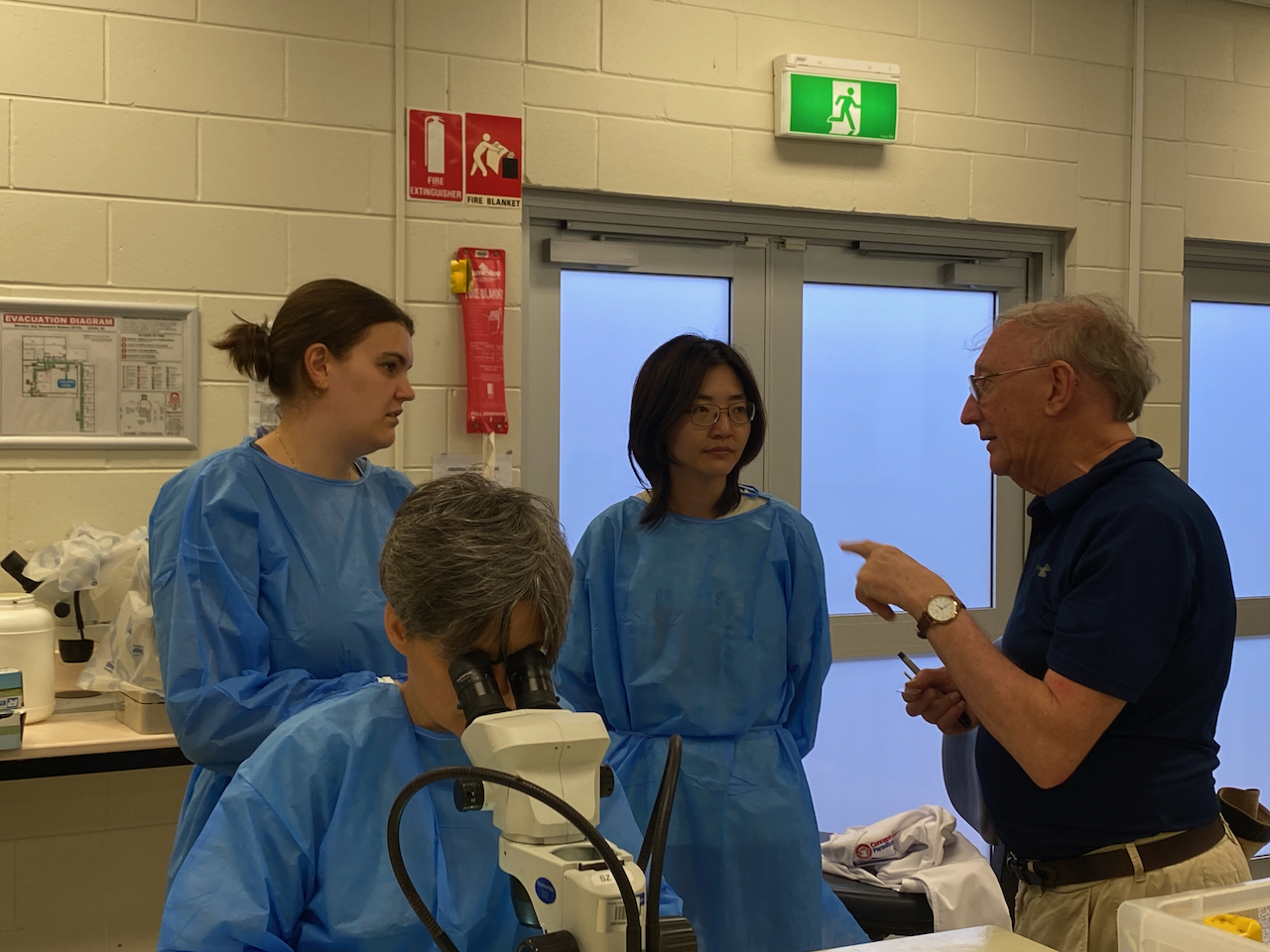
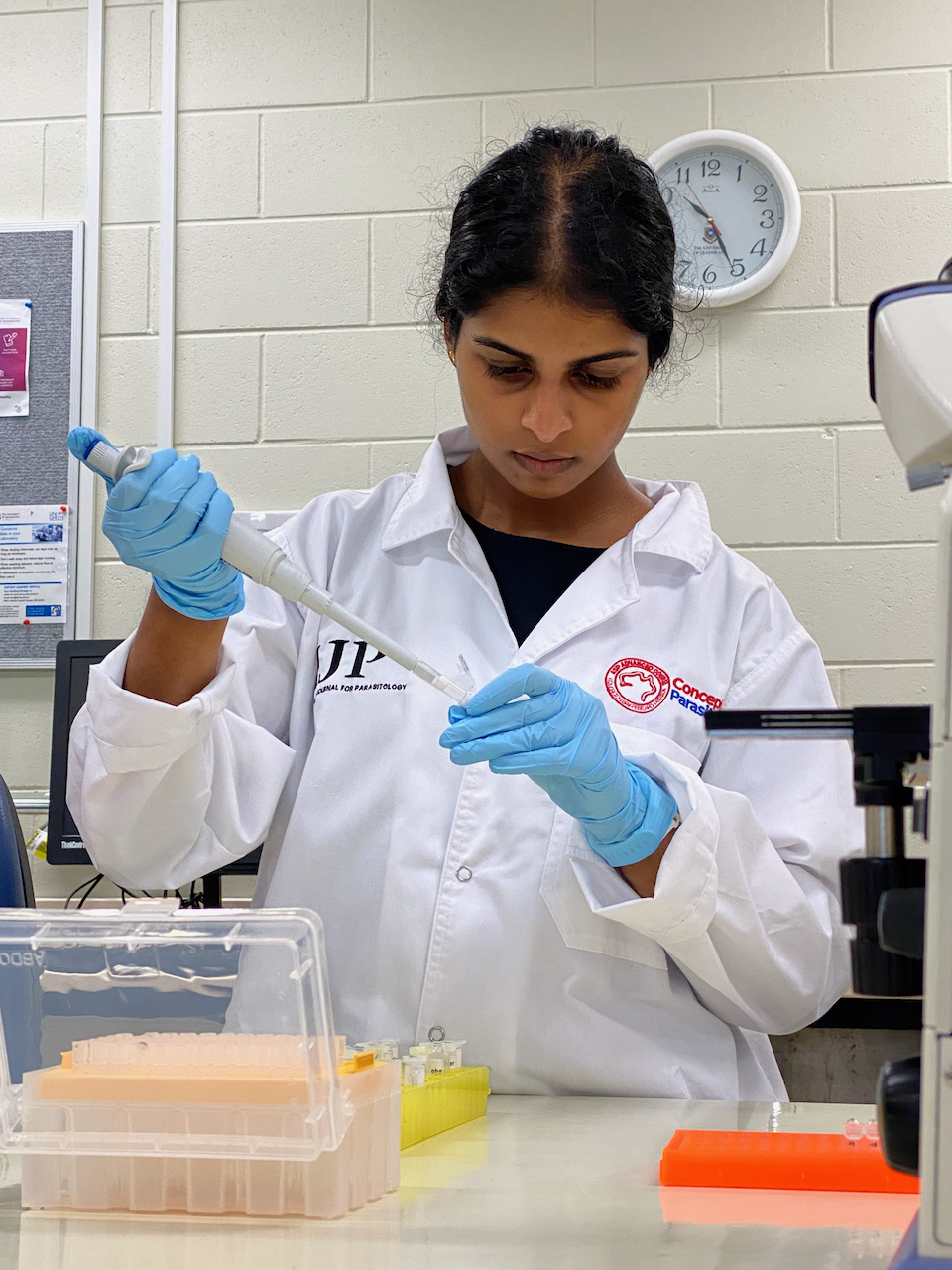
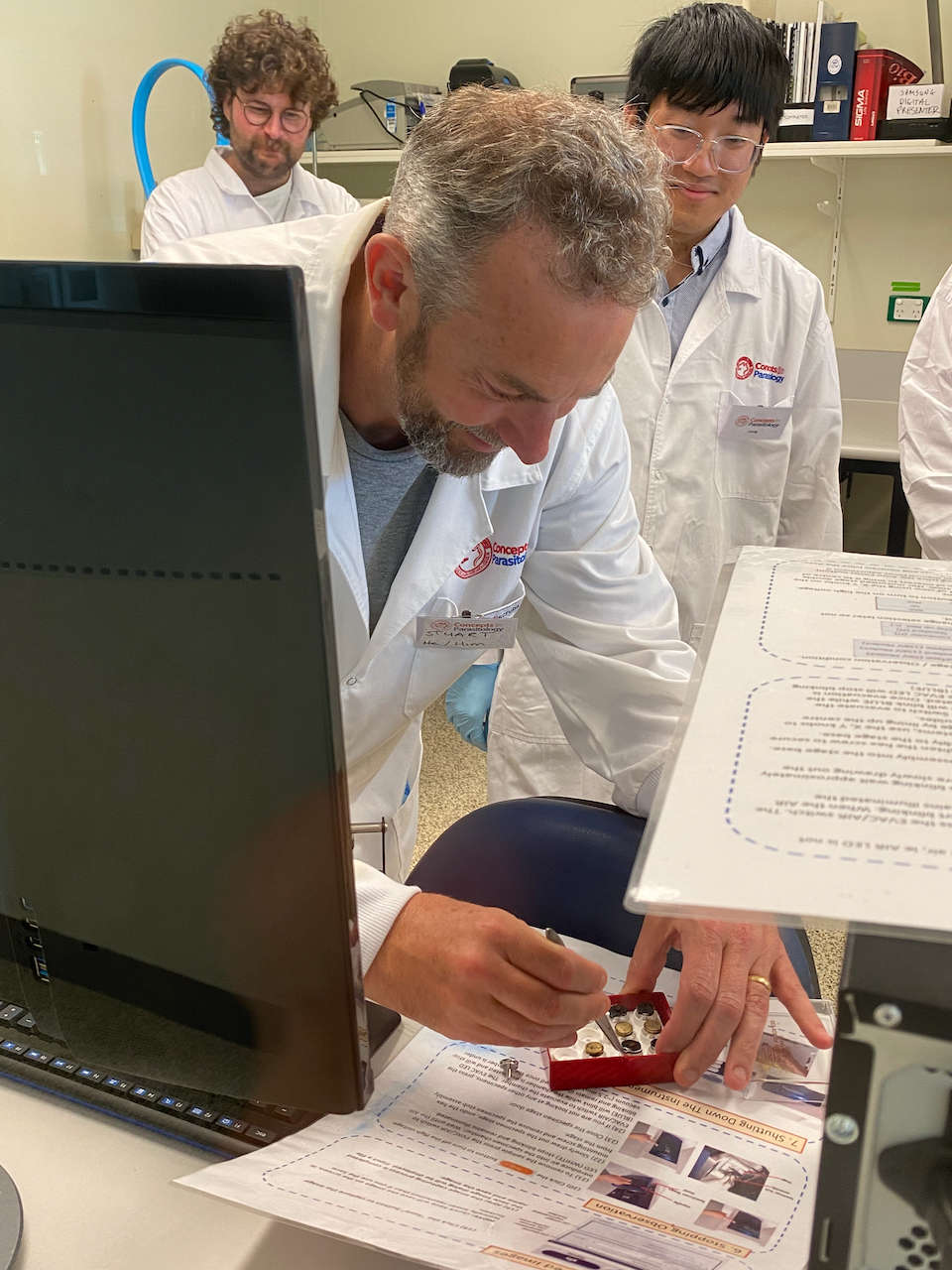
Concepts in Parasitology would not be possible without the extraordinary and generous support of the course sponsors. We would like to acknowledge these institutions and companies for their vital contributions; Pathtech, Nanopore, Macquarie University, QIMR Berghofer MRI, Elsevier, International Journal for Parasitology, IJP Drugs and Drug Resistance.

